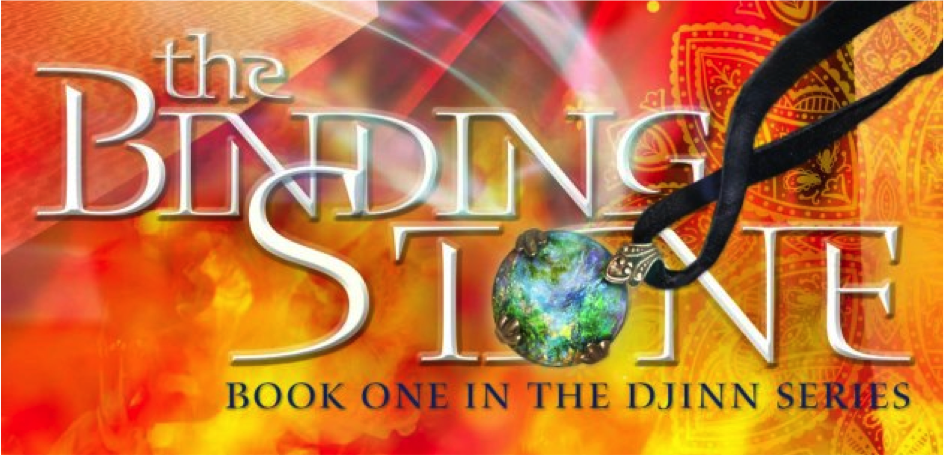*Quick announcement: I had to turn my word verification back on (which I despise) because I've gotten so many spam messages. I'm so sorry and hope this will not discourage you from commenting!
Today I am wrapping up my series on Indie vs. Traditional Publishing with a post from a very special guest, Sourcebooks editor Aubrey Poole. But if you have any additional questions leave them in the comments and I will do my best to answer or find out.
Thanks
for inviting me to be a part of this ever-changing and increasingly important
discussion. The rise of the eBook
has meant a lot of changes for the publishing industry, and I’m proud to be a
part of an organization that has embraced those changes. Sourcebooks is a
privately owned independent company that’s gained a reputation for being agile,
forward-thinking and willing to experiment. So, we may not quite fall under the
category of “traditional” publisher, but we definitely acquire, package,
produce, market and sell books, and I’m very happy to talk a little more about
what value a Publisher brings to its authors.
I
can throw a lot of terms at you about each piece of the publishing process,
like so:
But
I’m going to break it down to one core idea: Discoverability.
What
does discoverability mean? How readers find your book. If they don’t know about it, they can’t
buy it (or check it out), and they can’t read it. So, the billion dollar
question is: how will readers find your book?
With
the close of Borders and the increasing popularity of eReaders,
brick-and-mortar stores are gradually decreasing in number, limiting the opportunity
for chance discovery. It’s becoming less common for readers to be browsing a
shelf to find their next must-read and more important for publishers (or
self-published authors) to find ways to bring attention to their books.
So,
essentially, a Publisher’s job is to connect
authors to readers.
This
is done in a variety of ways from creating eye-catching book covers (that look
good as thumbnails), to writing intriguing jacket copy, to placing ads in magazines,
to sending ARCs (advance readers copies) to bloggers, reviewers, booksellers
and librarians, to booking spots on TV or NPR, to purchasing advantageous
placement in Barnes and Noble (those front-of-store table displays aren’t
free!) to making sure the metadata (title, author, pages count, age level, etc.)
is sent to Amazon correctly, and more.
With
all of the noise out there (347,178 new books published
in 2011 in the U.S. alone), it’s a Publisher’s job to make your book be heard.
What
about Amanda Hocking and E.L. James, you ask? Didn’t they become successful,
bestselling authors without a “traditional” publisher? Yes! They are part of the lucky few
whose self-published eBooks got that magical word-of-mouth momentum combined
with low price points that shot them to the top of the bestseller lists. But
for every success story, there are thousands of self-published authors you’ve
never heard of and likely never will. And, you may have noticed, both Hocking
and James turned to “traditional” publishers to take their eBook phenomena and
publish them in print to reach an even wider audience.
So,
what does this all mean for you, the writer? Self-publishing is a fantastic new and growing option that will
become an important part of the publishing sphere and allow for more and easier
access to information than ever before. And for some authors, it will be the
right fit. I think it will be especially important for authors of
controversial, innovative or niche subjects and genres fast converting to
eBooks (like romance!). But in my opinion, a Publisher is still a writer’s best
bet when it comes to finding an audience for you book.
Bio:
Aubrey Poole got her start as an editor correcting her
friends’ grammar in high school, an effort which naturally guaranteed instant
popularity. After a brief internship in the marketing department at Penguin UK,
she started her first real job as a news assistant at The Real Estate Journal in Los Angeles. But when she was offered a
position as a reporter, Aubrey thought it would be less scary to move
cross-country to New York City and try to break into the book publishing
industry.
Aubrey is now an associate editor at Sourcebooks, acquiring
children’s books from picture books through young adult. Her first YA novel, Send by Patty Blount, was a Junior
Library Guild pick, and she hopes to continue shamelessly courting librarians
with her forthcoming middle grade novel The
Ninja Librarians.








